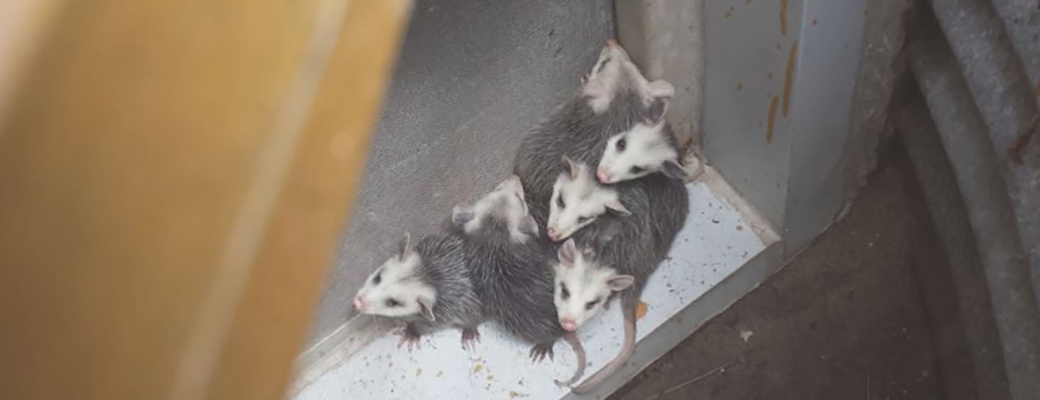Is it legal for me to trap a wild Tampa animal?
Depending on the state or country in which you live and the kind of animal in question, it may be legal for you to trap a wild animal that is on your property or beneath your house. More often than not, you will need to obtain a license to do so and you will have to be informed about laws concerning what kind of traps, where you can trap, what animal you are trapping, why, and what to do with it when you’re done.

For instance, it is illegal to use a steel-jaw bear trap (the kind with the spikes that snap around limbs) in most places. The risk of injury inherent in these traps is posed to animals the likes of which you might not be intending to trap, such as deer, mountain lions, or even people.
If you do obtain a license to trap wild Tampa animals, you will have to use humane traps, place them in locations that will keep the animal relatively comfortable for a short time, and you will have to check your traps every day. Failure to check your traps every day could cause an animal to die of dehydration, starvation, or could cause another, larger animal to prey on the trapped creature. Leaving a wild animal in a trap for longer than a day is also a violation of animal rights laws regarding the humane treatment of animals.
If you have managed to trap a wild Florida animal on your property, there is then the question of what to do with it. Again, there are laws concerning what to do with the treatment of wild animals, many of which are concerned with relocation. Under certain circumstances, you may be permitted to relocate an animal, but you will likely need a permit or license to do so. The reason for this is that relocating an animal offers no guarantee it will not return or that another animal will not take up residence where the previous one was. Relocation is also stressful on the animal and the relocation may not be a humane placement if there is no way for the animal to survive in the new habitat.
Conversely, relocating a Tampa animal to a new habitat may endanger the habitat. Much like introducing invasive species to a new environment may cause the extinction of native plants upon which current animal residents survive, introducing a new creature to a new environment may affect the survivability of current animal residents in said space.
The most effective, humane, and hassle-free course of action regarding the trapping and removal of wild Florida animals is to a call a licensed professional. This removes you from the responsibility of researching laws regarding the treatment of wild animals if you do not have a license already, and ensures safe removal and humane treatment of the animal.
Visit our Tampa wildlife removal home page to learn more about us.

